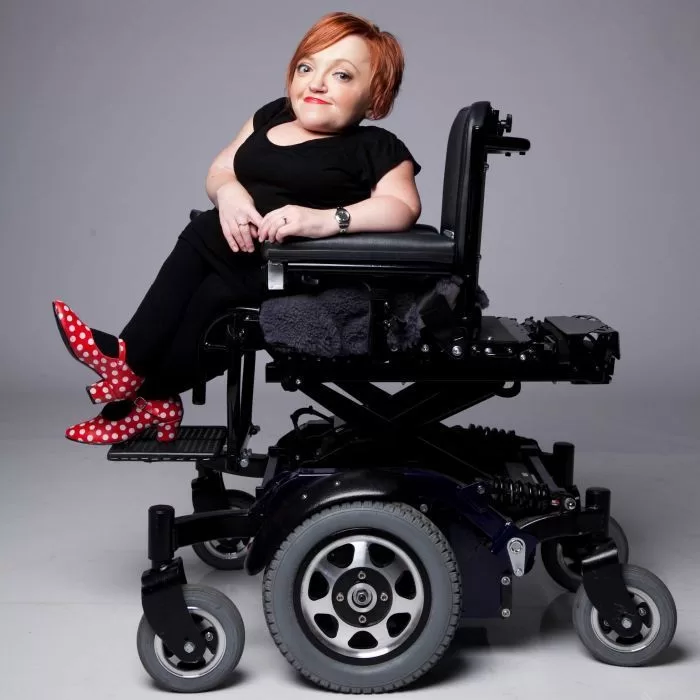Updated on August 20, 2024

Cancer is a disease in which some of the body’s cells grow uncontrollably and spread to other parts of the body. It can start almost anywhere in the body.
Normally, human cells grow and divide to create new cells as needed. When old or damaged cells die, new ones replace them.
Sometimes this process goes wrong, and abnormal cells keep multiplying, forming lumps called tumours. Tumors can be either cancerous or benign (non-cancerous).
Types of Cancer
There are over 100 types of cancer, named after where they start in the body.
For instance, lung cancer begins in the lungs, and brain cancer in the brain.
Here are some main categories:
- Carcinomas: These are the most common cancers, starting in epithelial cells that line body surfaces.
- Sarcomas: These cancers form in bones and soft tissues like muscles, fat, and blood vessels.
- Leukemia: These cancers start in the bone marrow’s blood-forming tissue.
- Lymphoma: This cancer begins in lymphocytes, which are immune system cells like T cells and B cells.
Other types include Multiple Myeloma, Melanoma, Brain Tumors, and Spinal Cord Tumors.
How Does Cancer Develop?
Cancer is a genetic disease, meaning it results from alterations in genes that regulate cellular functions, particularly cell growth and division.
These genetic changes leading to cancer can occur due to:
- Errors during the normal process of cell division.
- Damage to DNA caused by harmful environmental substances like chemicals in tobacco smoke and ultraviolet rays from the sun.
- Inherited genetic mutations passed down from parents.
Is Cancer Considered a Disability in Australia?
In Australia, the definition of ‘disability’ for employment purposes within the Australian Public Service (APS) is derived from the Australian Bureau of Statistics’ Survey of Disability, Ageing and Carers.
According to this definition, a person is considered to have a disability if they have a limitation, restriction, or impairment that has lasted or is likely to last, for at least six months, significantly affecting their everyday activities
This encompasses:
- Sensory
- Intellectual
- Physical
- Psychosocial impairments
- Head injury, stroke, acquired brain injury
- Long-term health conditions requiring ongoing treatment
Cancer often qualifies as a disability due to its impact on various bodily systems such as the immune system, cell growth, digestive, bowel, bladder, brain and nervous system, respiratory, circulatory, endocrine, and reproductive systems.
These changes can profoundly affect both physical health and mental well-being.
Many individuals fear workplace discrimination due to their cancer diagnosis or need for time off for treatment or caregiving.
While many employers and colleagues are supportive, discrimination can occur.
However, Australian law makes it illegal to discriminate against employees based on their cancer status.
These laws include the Commonwealth Disability Discrimination Act 1992 and Fair Work Act 2009, as well as state and territory legislation.
Discrimination can take various forms:
- Direct discrimination occurs when someone is treated unfairly due to their cancer diagnosis.
- Indirect discrimination happens when a seemingly neutral policy or practice disproportionately affects individuals with cancer.
These laws also prohibit harassment and bullying related to a cancer diagnosis.
Employers are required by law to make reasonable adjustments to support employees with cancer, ensuring they can perform their job duties effectively.
These adjustments can include flexible working arrangements or modifications to the workplace environment unless these adjustments would cause unjustifiable hardship to the employer.
Caring for Someone with Cancer
In Australia, it is illegal for employers to discriminate against employees due to their caring responsibilities for someone with cancer.
This means employers cannot treat you unfairly, deny you opportunities, intimidate, harass, or terminate your employment because you are caring for a person with cancer.
If you need flexible working arrangements to fulfil your caregiving duties, your employer is required to consider your request seriously.
They can only refuse your request if they have reasonable business grounds to do so.
Key Points:
- Cancer is recognized as a disability under Australian law.
- Employers are prohibited from harassing, bullying, discriminating against, denying opportunities to, pressuring to resign, or dismissing employees because they have cancer or are caring for someone with cancer.
- Employers must make reasonable adjustments to accommodate the effects of an employee’s cancer or caregiving responsibilities, provided these adjustments do not cause unjustifiable hardship. However, changes may be denied on reasonable business grounds or if the essential parts of the job cannot be performed even with adjustments.
- Dismissing someone for taking paid leave due to illness or caregiving responsibilities is generally against the law in Australia.
Looking for reliable and trustworthy care services?
At Centre Disability Support, we offer tailored support services for individuals with disabilities throughout Australia. We offer housing options in Logan, Ipswich and Brisbane areas, where we provide independent supported living or assist individuals in finding suitable options for individualised living.
Additionally, we provide day-to-day support for individuals with mental health issues, complex behaviour and other types of disabilities. We also have support coordinators available to assist with planning, navigating NDIS plans, and offering casework support.
Whether you’re seeking support for yourself, or a loved one, or simply wish to learn more about our services, we’re here to help.
MORE FROM CENTRE DISABILITY SUPPORT
Is Rheumatoid Arthritis a Disability in Australia?
IS EPILEPSY A DISABILITY IN AUSTRALIA?
How to Support Someone with Intellectual Disability
IS PMDD A DISABILITY IN AUSTRALIA?
Is Endometriosis a Disability in Australia?
Is Bipolar Disorder a Disability?
IS ANKYLOSING SPONDYLITIS A DISABILITY IN AUSTRALIA?



